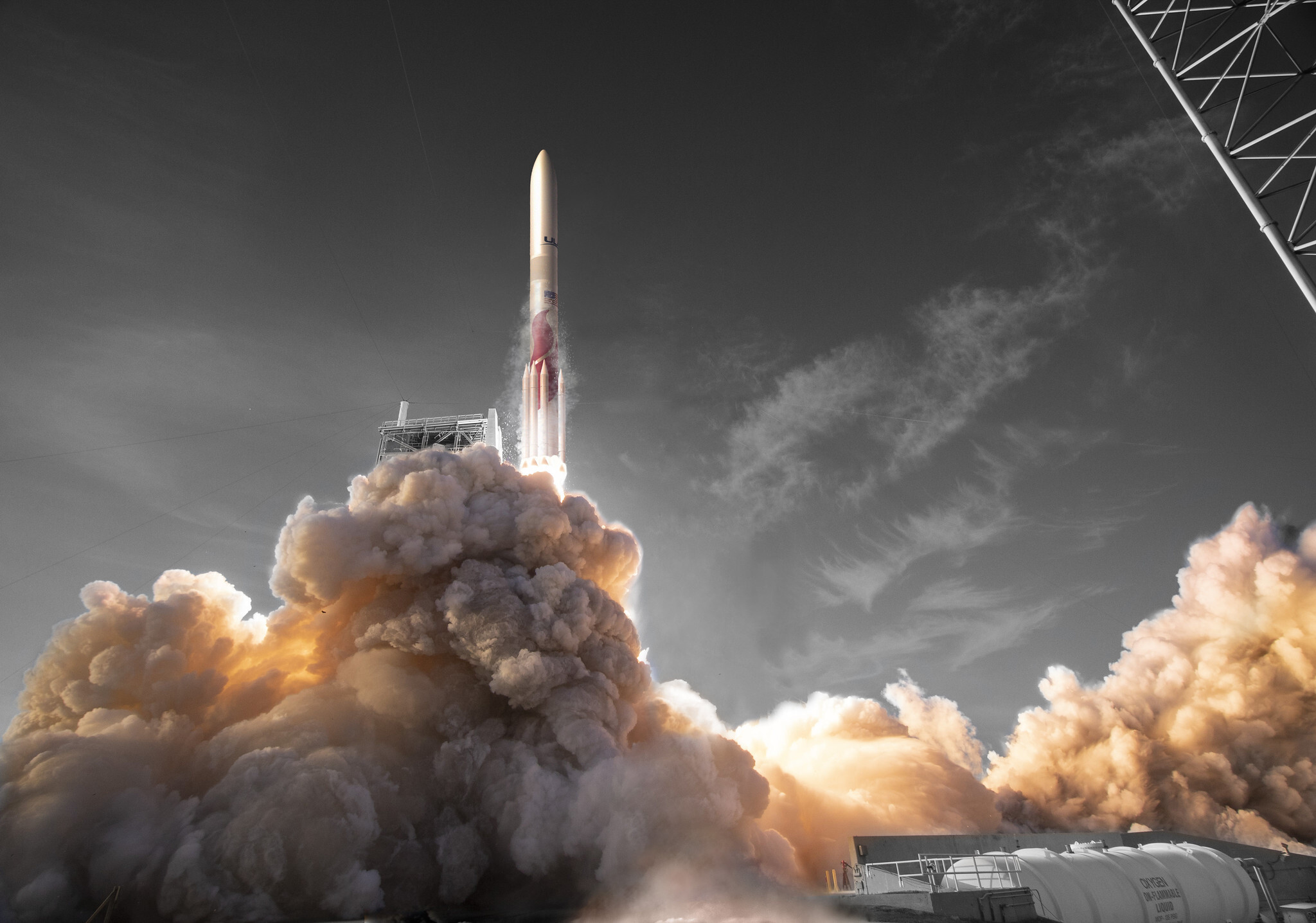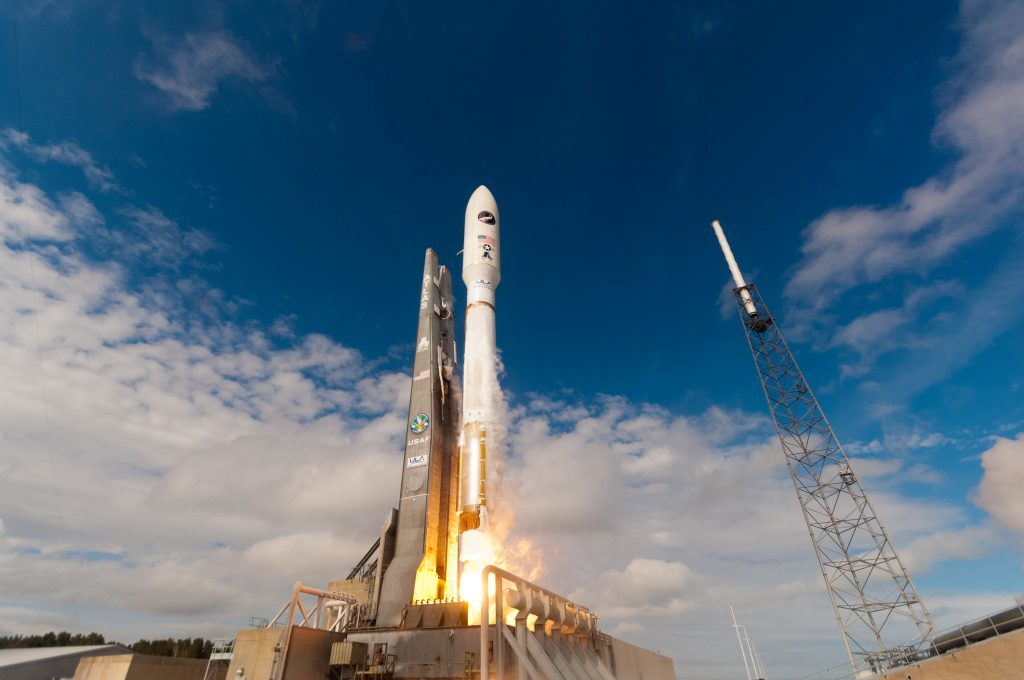The United Launch Alliance (ULA) has confirmed that it’s retiring its Atlas V rocket from service — this is a move that has been in the works since 2014, when Russia annexed Crimea. See, the ULA’s long-time workhorse is built around the Russia-made RD-180 rocket engine. That made politicians uncomfortable.
The ULA was ordered to stop using them back in 2014 and the last of the paid-for engines was delivered earlier this year. No more RD-180 engines means no more Atlas V rockets on sale. ULA CEO Tory Bruno, speaking to The Verge in an interview, explained that all of the remaining rockets are spoken for — either by the ULA, the US Space Force, NASA, or Project Kuiper (the Amazon-owned company that bought a bunch of them earlier this year — why they didn’t just ask Jeff for a few is a myste– oh, wait, it isn’t?)
Moving beyond the Atlas V… maybe

The plan for the company is to switch from the reliable rocket with the Russian innards to something else — the Vulcan Centaur rocket which uses a bunch of the internals from Atlas. The major change is the engine. It’s supposed to use the BE-4 rocket engine, a major component made by Blue Origin. Unfortunately, this engine has yet to undergo a successful test flight and the project itself is four years behind schedule — for various reasons. Vulcan is a great idea in theory but it still faces off against SpaceX, which has made enough of its rocket tech reusable that it’s almost impossible to beat in terms of price.
At the moment, a SpaceX mission costs about $62 million per launch. Atlas V missions started at $157 million per launch but dropped to $100 million in an attempt to compete. Vulcan Centaur is supposed to be cheaper than ULA’s current launch solution but, until it’s flight certified, we’re not sure how competitive the company will be against Elon Musk’s SpaceX.
As long as Blue Origin’s engines turn up — the current estimate for a test flight is early 2022 — then the ULA should be sorted. They’d better be. The company has a contract with the Pentagon and the US Space Force to conduct several launches using Vulcan between 2022 and 2027. The Verge reports that General Jason Cothern, the deputy commander of Space Force’s rocket acquisition unit, is considering “backup options” when it comes to those missions, including possibly shifting some of the load (and the money) to SpaceX. But that’s a call that will only be made next year, after Blue Origin’s BE-4 engine takes a crack at the skies for the ULA.
Source: The Verge




